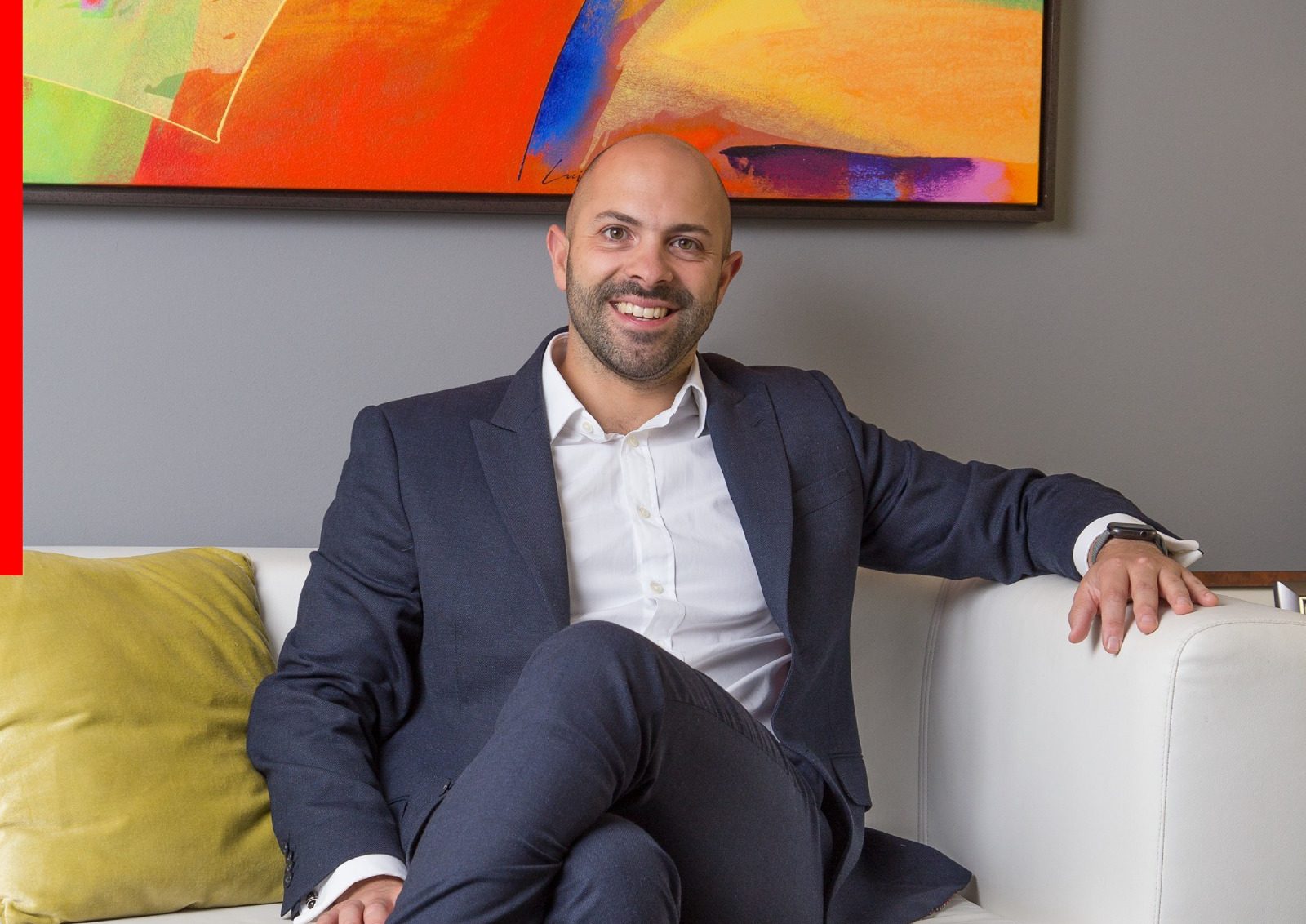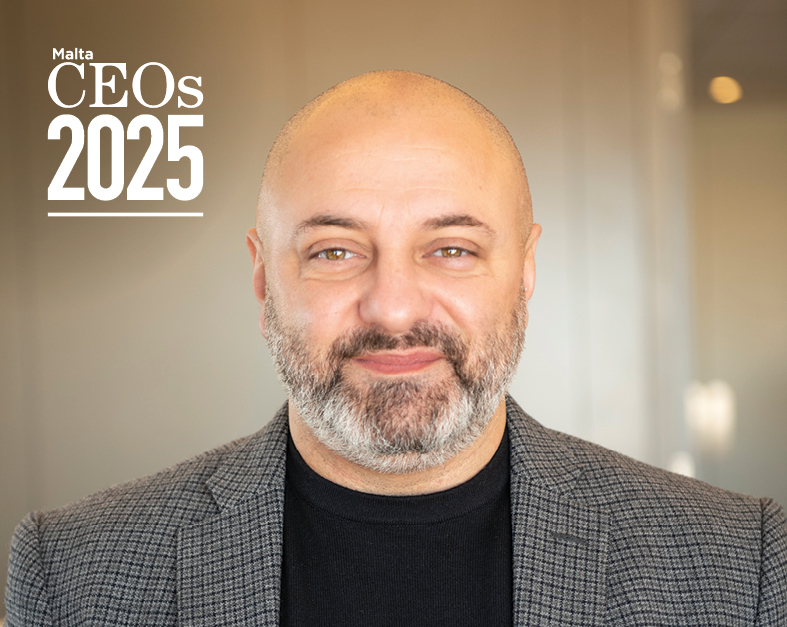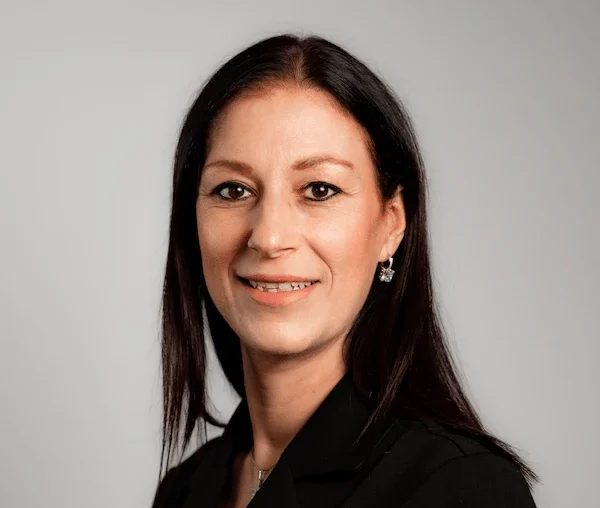“To me, it has nothing to do with one’s finances. Instead, it’s about why a person gambles,” says Anders Bergman. As the founder of QuitGamble.com, which has been a few years in the making and officially launched in March 2021, Mr Bergman has taken a novel approach to tackling gambling addiction through his platform – by identifying why people gamble in the first place and getting to the root of their addiction.
Mr Bergman’s journey to this point could be considered somewhat unusual – with an academic background in economics and civil engineering, he entered the iGaming world in 2014 as an affiliate, but four years later, grew dissatisfied with the work, “and I wanted to do something else.”
Despite his many research interests, Mr Bergman says his side-studies in psychology and personal development are what piqued his interest the most. “I read studies about heroin addicts in the US, Portugal, Switzerland, and the famous rat park experiments by Bruce Alexander, and I realised that there was so much more to addiction than I had thought.”

“I’ve always gone my own way, and challenging the status quo of addiction felt like just the perfect thing to do,” he explains, adding that this project enabled him to combine his interests in personal development with his expertise in tech. “There are many ways to treat addiction, but few are effective. My ambition with QuitGamble.com was to create something that could change that; a tool that is inexpensive, scalable, and fun to use.”
The very notion of responsible gambling – a form of social responsibility established by the gaming industry, including governments and operators – appears, in itself, to be contradictory. Is it really possible to gamble responsibly?
Mr Bergman says that the widespread definition and understanding of responsible gambling has to do with financial means, that in order to play responsibly, one mustn’t play for more than they can afford. In his view, however, it has nothing to do with finances, and all about why a person gambles in the first place.
“The only way to gamble responsibly is to gamble for entertainment. As soon as the ‘why’ changes to winning money, I believe the person is out on thin ice,” he asserts. “When I meet someone with gambling problems, I ask them: what is gambling doing for you? What happens when you gamble? Does it create a moment of peace? A period when nothing else matters? The answers can explain why it’s so hard to quit, so it’s all about finding out the ‘why’.” >
To this end, QuitGamble.com is built around the belief that pain is the cause of addiction. “People get addicted to the escape from pain. Gambling, alcohol, and drugs are just ways to escape pain,” says Mr Bergman. Through the platform’s unique ‘Happiness Test’, “we help people understand what in their life causes them pain. Then we help them ease or eliminate these sources of pain through 15 animated video courses. Each course targets sources of pain such as loneliness, stress, feeling of inadequacy, the anxiety of health, and boredom.”
Complementing this platform, and currently in the works, is a social community which the Founder describes as being “like Facebook, but for problem gamblers – a place where people can chat, make new friends, and collaborate. We want to challenge people to help themselves by helping others. Like Johann Hari said in his famous Ted Talk, ‘the opposite of addiction is not sobriety, it’s connection.’ We want to help people reconnect.”

Having worked in the gaming industry and now dedicated to helping people address their addiction to gambling, Mr Bergman is in a unique position to understand both sides of responsible gaming. Asked if gaming companies are doing enough to promote this and to protecting their players, Mr Bergman says “the sooner we accept that iGaming companies are companies, the better. No company in the world would want to get rid of their best customers. So why do we expect gambling companies to do so?”
He believes that, with this in mind, the only way to get the industry to take responsible gambling more seriously is to find a way for companies to make similar money on a customer, but over a longer period of time, lessening the financial strain on players in one burst.
“Most companies are doing what is required by regulations, but not more. Here too I think that we, who work in the field of problem gambling, need to help them. Firstly, I suggest changing the focus of what responsible gambling is, and, following this, establishing closer collaboration between the gambling industry and organisations like QuitGamble.com.”
Mr Bergman insists that the industry is still in its early days of addressing gambling addiction and working with organisations dedicated to tackling this problem. “The authorities are regulating and using punishment to force companies to do their part for responsible gambling,” he asserts. “As a result, the regulated casinos are required to follow the rules, while unlicensed casinos are roaming free.”
“Currently, competition on the market isn’t fair and it is not a level playing field, which in turn drives the regulated casinos to carry out shady activities,” he adds. “To get casinos more interested in responsible gambling, the authorities need to establish a fair market first and foremost. Only then, I believe, will there be room for more collaboration between iGaming companies and those who work with problem gambling.”
While the platform had been in the works since 2018, it only went live in March 2021 – following a somewhat extraordinary year for the industry throughout 2020, which saw operators lose chunks of business as a result of COVID-19, such as sportsbook through the widespread cancellation of sport activities.

On the other hand, however, revenues for their online gaming activities appear to have soared, with some companies registering record profits. This begs the questions – did cases of gambling addiction also increase since the pandemic, as more and more people spent time locked up inside and in search of entertainment?
Mr Bergman says that, as QuitGamble.com was launched three months ago, he cannot say whether there’s been an increase in gambling addiction through activity on his platform. However, as
someone who forms part of the problem gambling community, he says that COVID-19 has impacted some players positively and others negatively. “Many problem gamblers have reported that the COVID-19 lockdowns have been a blessing as suddenly, it was impossible to visit the physical casinos. However, for those who gamble online, the problem seems to have increased.”
Working in a field such as gambling addiction comes with various challenges, but the QuiteGamble.com Founder admits “I love what I do. I get to challenge myself every day, and I have an opportunity to learn new things. How many people can read a book for an entire day and call it work? QuitGamble.com is an entirely new way of dealing with problem gambling and challenging the status quo of addiction is a perfect fit for my personality,” he asserts, adding that the organisation’s biggest challenge right now is “to establish ourselves as an option for people with gambling problems.”
Turning to the future of QuitGamble.com and whether there are bigger plans for it in the pipeline, Mr Bergman says that currently, all the focus is on developing the platform with the aim of really helping people to quit gambling.
“We’ll continue to build the platform by adding new programmes and features and, most importantly, we want to see the number of users increase and thus seek help. At the same time, we will be reaching out to companies in the iGaming industry to establish collaborations. We hope to play an important part in their responsible gambling processes for active players and players who need extra support in dealing with gambling problems,” Mr Bergman concludes. “Eventually, we want to be the go-to choice for people who need help to kick gambling addiction’s ass.”
Joanne Azzopardi Bonnici appointed Executive Director of Bonnici Bros Properties plc
She brings over 14 years of experience within the company.
‘2024 was a landmark year’ – Computime Chairman and CEO on going public and registering five years of record profits
Computime Holdings plc leaders Anthony Mahoney and Alistair Mangion reflect on milestone year 2024.
Melissa Manthos on leading through cancer: ‘A kind of exhaustion that makes you question everything’
Surgery, six rounds of chemotherapy, and physical and emotional exhaustion.
Malta emerging as ‘surprising launchpad’ for digital health and senior care solutions – Connected Care CEO
Yokeru CEO Monty Alexander interviews Lucienne on the Age Tech Innovators podcast.









